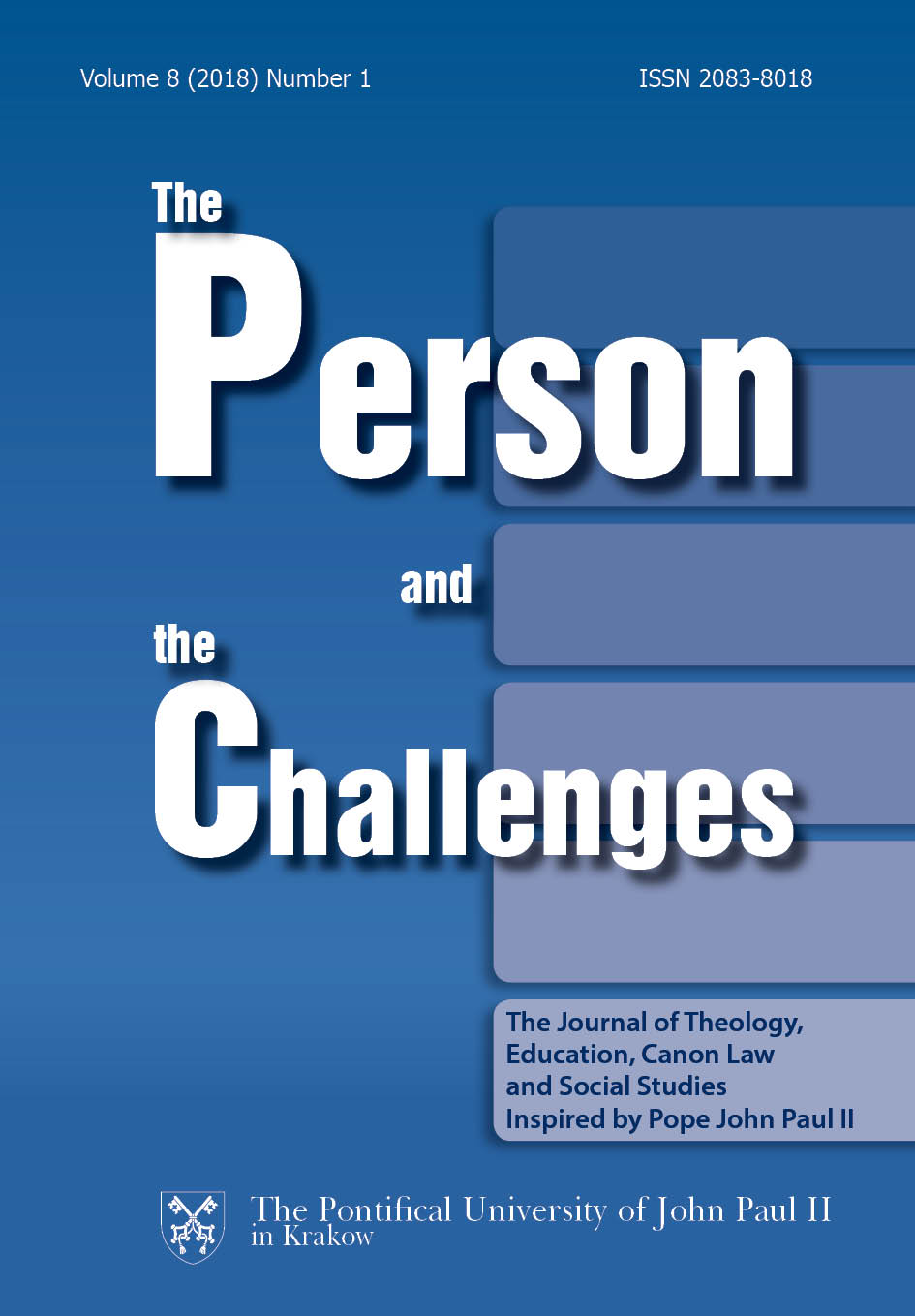Itinéraire d’un bouc emissaire
DOI:
https://doi.org/10.15633/pch.2432Słowa kluczowe:
Scapegoat, victim, tension, personal image, relationshipAbstrakt
Sacrifice is an important part of religious, ethical and political life. In addition, the term;sacrifice’ has several meanings; one of them denotes a victim of crime. In this paper, we focus exclusively on victims of scapegoating. Scapegoats – individuals or communities – may be victims of others, or otherwise they may experience themselves in this way. This paper explores both possibilities. It, primarily studies the psychology of scapegoating based on the premise of the innate human need to discharge tensions, and then presents several paths out of the scapegoating mechanism. It also illustrates scapegoating dynamics in the media and explores the example of Slovenia based on its history and the current situation with respect to transferring of blame.
Bibliografia
Burte J.M., Political Violence and the Authoritarian State in Peru: Silencing Political Society, New York 2010, Palgrave.
Campbell J., Reflections on the Art of Living, San Anselmo, CA 2011, Campbell.
Douglas T., Scapegoats – Transferring Blame, London 1995, Routledge.
Halbertal M., On Sacrifice, Princeton 2012, Princeton University Press.
Kettle D., Engaging with Tragic Spirituality and Victim Sensibility: on the Cultural Setting of Mission in the West Today, in: Mission Studies 21, p. 287–312.
Mauriac F., Child Martyrs (Second Thoughts), New York 1961, Publisher unknown.
Liersch M.J., I am a Better Driver than You Think: Examining Self-Enhancement for Driving Ability, “Journal of Applied Social Psychology” (2014) 43 (8), p. 1648–1659.
Raven R., The Dorr War – Treason, Rebellion and the Fight for Reform in Rhode Island, Charleston 2010, Narrative Press.
Storr A., Human Aggression, New York 1968, Free Press.
Zeldin T., An Intimate History of Humanity, New York 1995, Harper Perennial.
Zitek E., Victim Entitlement to Behave Selfishly, “Journal of Personality and Social Psychology”, February 2010, 98 (2), p. 45–255.
Pobrania
Opublikowane
Numer
Dział
Licencja
Prawa autorskie (c) 2018 Erika Prijatelj

Utwór dostępny jest na licencji Creative Commons Uznanie autorstwa 4.0 Międzynarodowe.
Autorzy publikujący w czasopiśmie udzielają jego wydawcy zgody o następującej treści:
- Autor zachowuje autorskie prawa majątkowe do utworu, a jednocześnie udziela wydawcy czasopisma zgody na jego pierwszą publikację w wersji drukowanej i wersji online na licencji Creative Commons Uznanie autorstwa 4.0 Międzynarodowe oraz zgody na wykonywanie opracowań, w tym przekładów.
- Autor ma możliwość udzielania zgody niewyłącznej na opublikowanie utworu w wersji, która ukazała się w czasopiśmie (np. zamieszczenia go w repozytorium instytucjonalnym lub opublikowania w książce), wraz z informacją o jego pierwszej publikacji w czasopiśmie.
- Autor może umieścić swój utwór online (np. w repozytorium instytucjonalnym lub na swojej stronie internetowej) jeszcze przed zgłoszeniem utworu do czasopisma.

